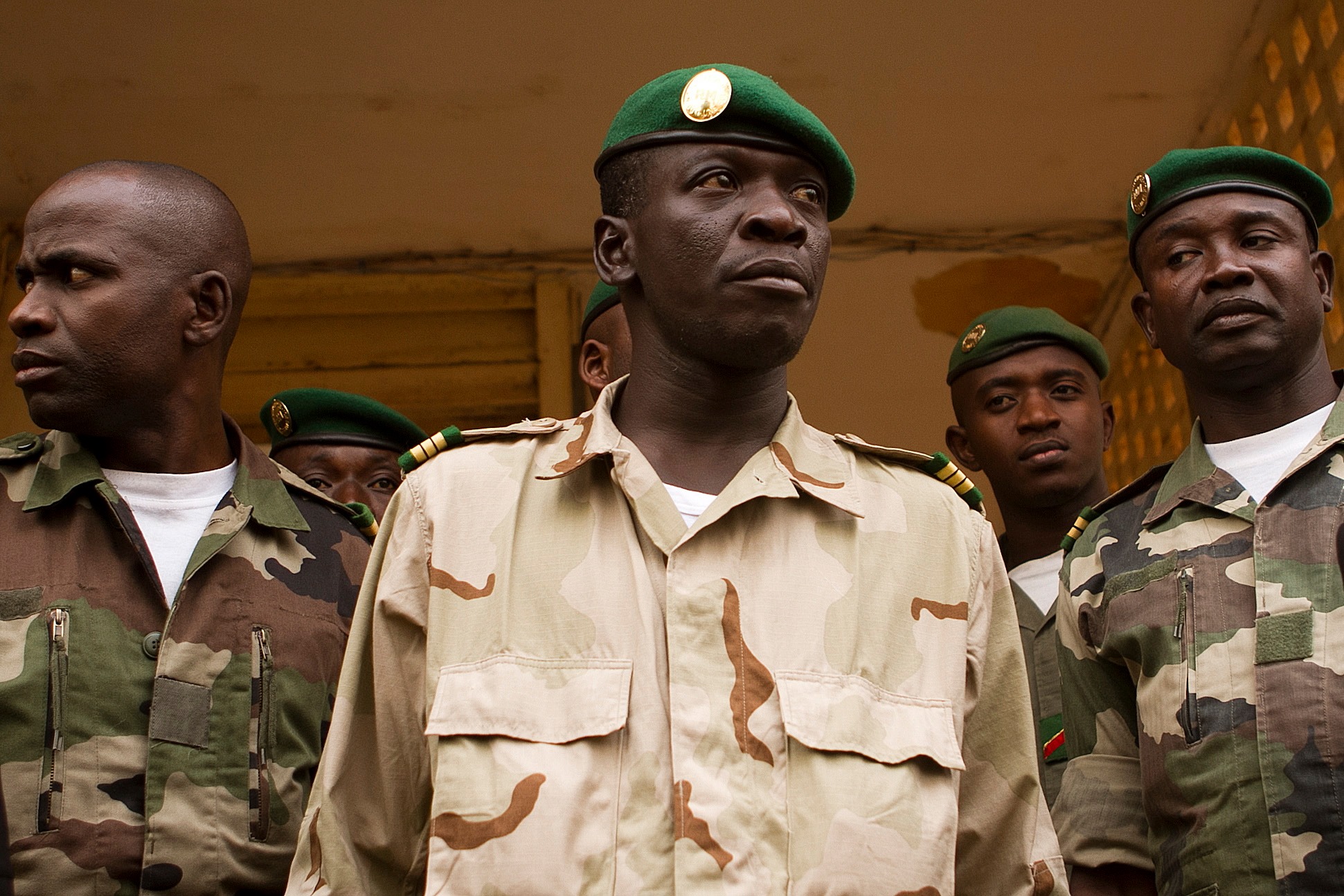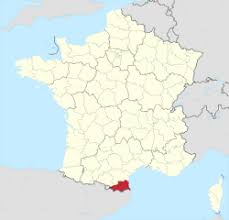Introduction
Mali, a landlocked nation in West Africa, has been in the spotlight due to its complex political situation, marked by coups, terrorism, and humanitarian crises. Understanding Mali’s current political climate is crucial, not only for the country itself but also for neighboring nations and international stakeholders, as stability in Mali affects the broader Sahel region.
Background of Political Instability
Mali has experienced significant political turmoil over the past decade. After a coup in 2012 that resulted in the overthrow of President Amadou Toumani Touré, the country has faced ongoing instability, culminating in two military coups in 2020 and 2021. The military junta currently in power has vowed to stabilize the nation and combat the rise of Islamist groups that have taken advantage of the weakened state.
Recent Developments
As of October 2023, Mali is grappling with continued violence and unrest. The opposition is growing increasingly frustrated over the junta’s slow progress towards restoring democratic governance. The transitional government, led by Colonel Assimi Goita, has announced plans for elections, but skepticism remains within the public and among political analysts regarding the timeline and sincerity of these commitments.
Additionally, the security situation has not improved, with the United Nations reporting a rise in terrorist attacks across the country. This chaos has led to a worrying escalation in internally displaced persons (IDPs), with over 600,000 Malians forced to flee their homes due to violence as per humanitarian reports.
The Role of International Actors
Mali’s geopolitical significance has drawn the attention of several international actors, including France, the United States, and the African Union. France has been involved militarily in Mali since 2013 to combat jihadist threats, although its presence has been criticized, leading to a recent decision to withdraw troops. Meanwhile, the U.S. has emphasized its support for regional security initiatives and humanitarian efforts.
Conclusion
The ongoing situation in Mali remains fragile, with critical questions surrounding the roadmap to democracy, national security, and the humanitarian crisis. As the transitional government faces internal opposition, the international community watches closely, recognizing that Mali’s stability is vital for combating extremism and ensuring peace in the wider West African region. The coming months will be pivotal in determining Mali’s future and its role in the Sahel’s security landscape.


